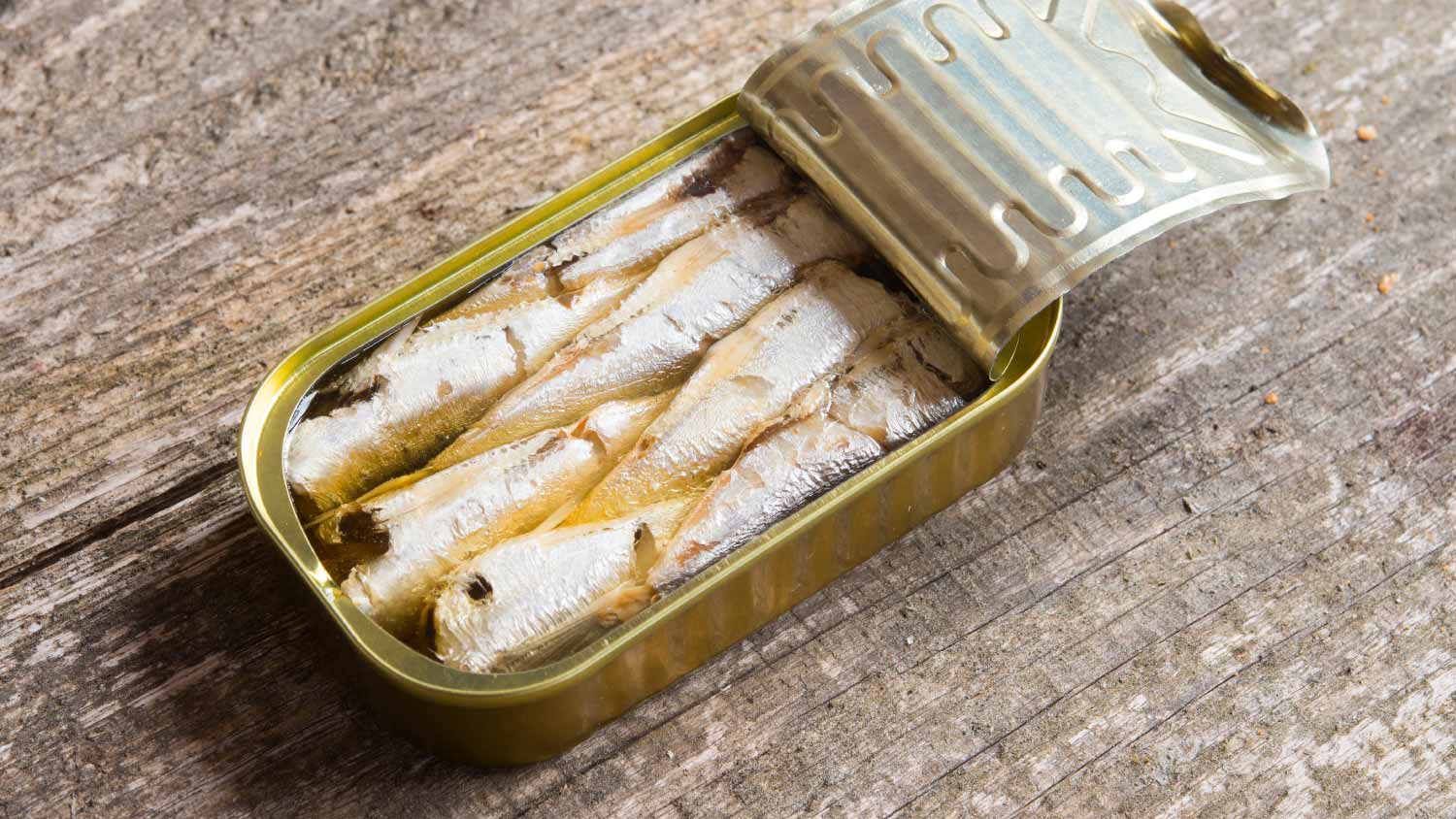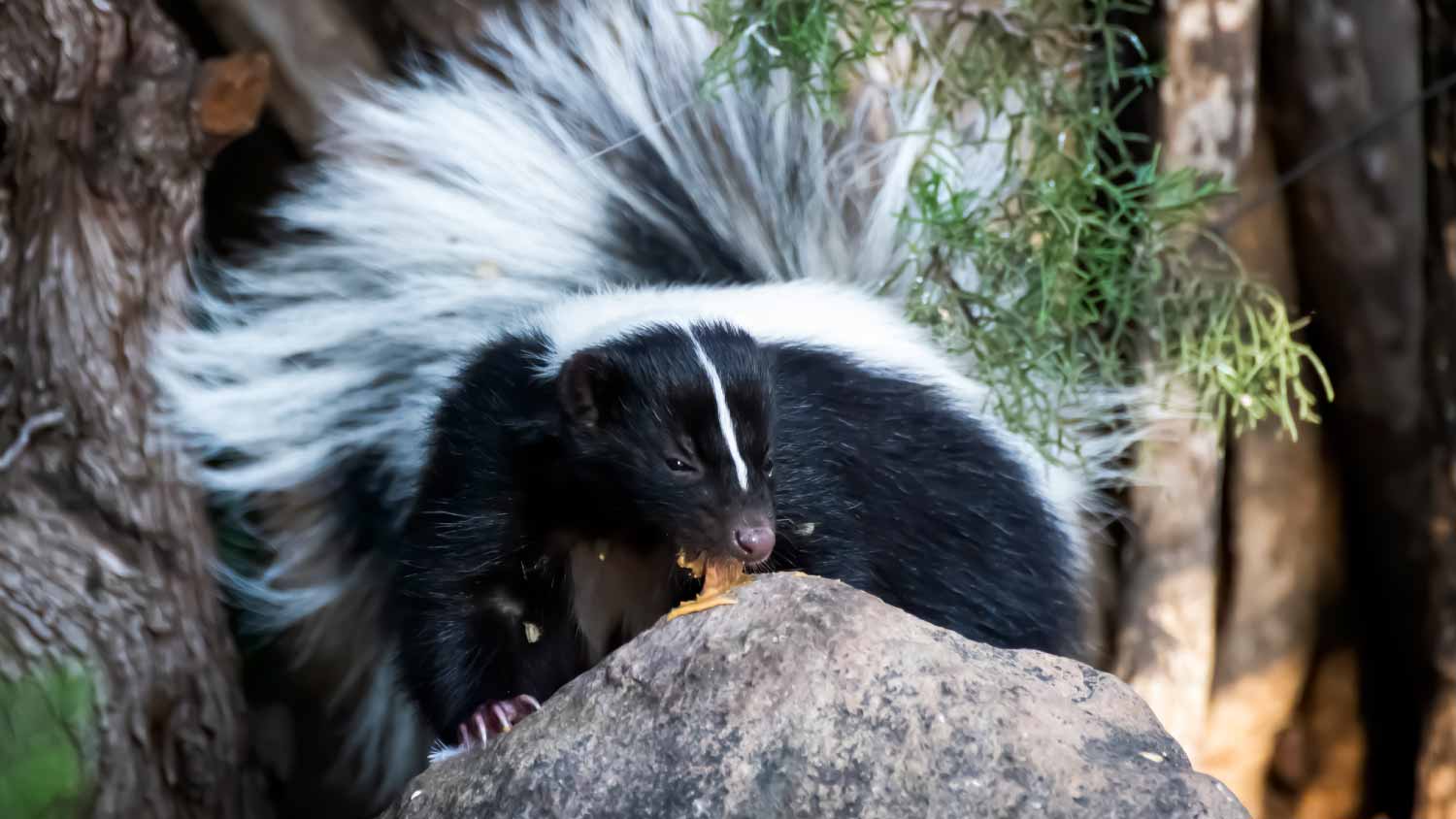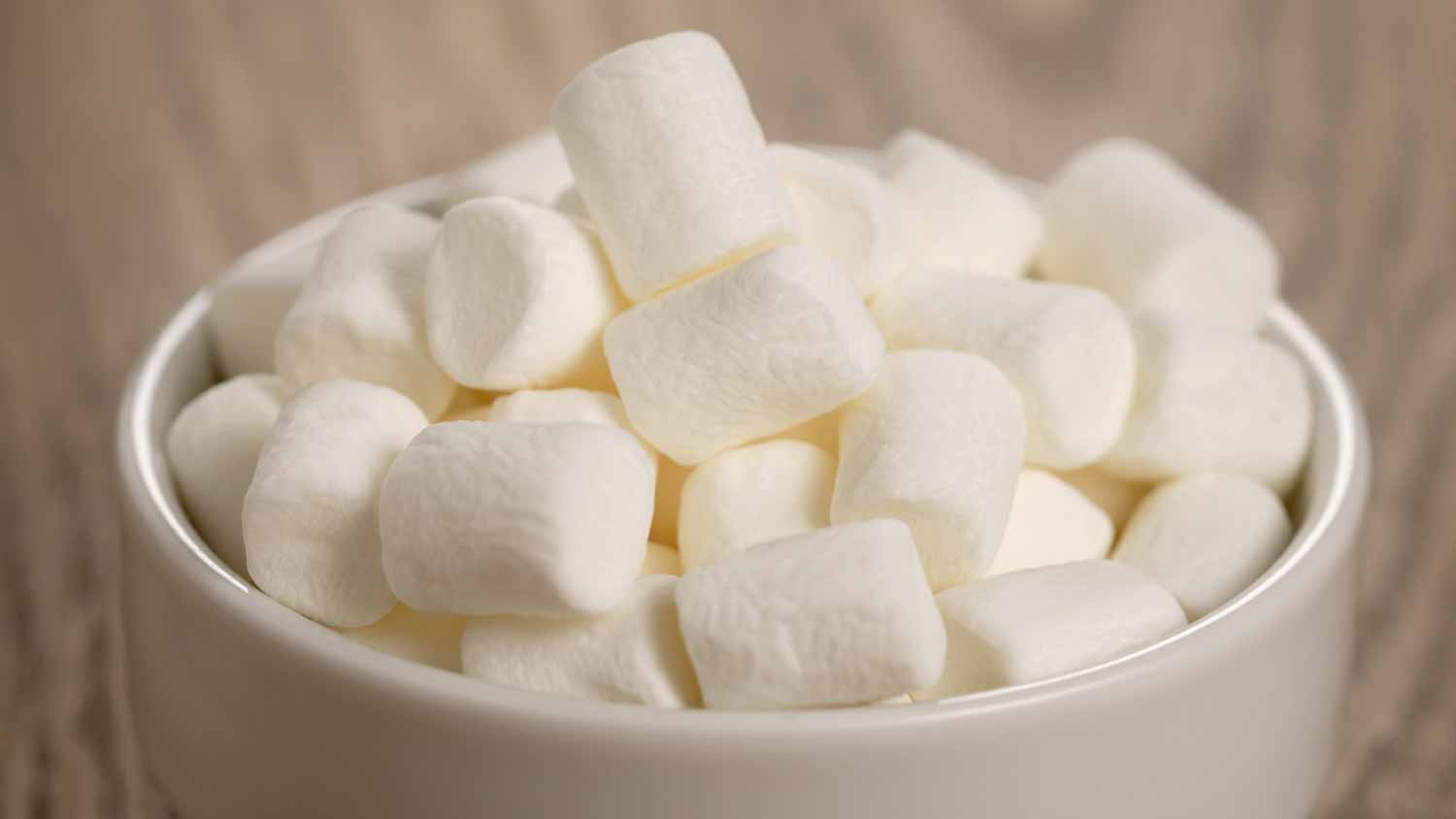
When calculating wildlife removal costs, you’ll need to consider the type, size, and amount of animals. Our guide will show you the wildlife removal cost.
Say goodbye to stinky surprises by opting for safe skunk removal


Hire a skunk removal pro who has the training and knowledge for humane pest removal and can minimize the risk of injury or disease.
Food like canned sardines, wet cat food, and peanut butter are commonly used when attempting to lure skunks out.
Whether you’re calling up experts or handling the task on your own, ensure pets and children stay far away from the skunk.
Skunks are harmless—as long as you don’t corner them—and beneficial for controlling pests. However, they can tear up lawns looking for food, and their smelly spray is a nuisance. Relocation is one solution, which makes knowing the best bait for skunks to use for humane trapping essential. Skunks like fresh, aromatic food due to their strong sense of smell. Just remember to set traps at night since skunks are nocturnal.
Trapped animals can be dangerous, no matter their size. Do not attempt to handle them—call in a pro for safe removal instead.

Effectiveness: Very high
While a can of sardines is more expensive than other types of bait, like peanut butter or marshmallows, its fishy odor is highly effective at luring skunks from a considerable distance.
To use, open a can and place it at the back of the trap, ensuring the strong smell permeates the area. Canned salmon or tuna are excellent alternatives if your local market doesn't carry sardines.
Once trapped, call a local skunk control specialist to remove and relocate the animal.
Note: As with most types of bait, other animals, including raccoons and bears, are attracted to canned fish.
| Pros | Cons |
|---|---|
| Pungent smell | Attracts other animals |
| Effective from distance | Oily and messy |
| Easy to use | Spoils in heat |
| High success rate | Expensive |
Best for: Homeowners needing potent skunk bait that can attract from a distance
Effectiveness: Very high
Wet cat food is highly effective as skunk bait due to its robust scent and moist texture. Fishy, high-aromatic varieties are particularly good at attracting skunks from a distance, encouraging them to enter the trap.
Additionally, small cat food containers are more cost-effective than sardines, making them a better choice for setting up multiple traps. However, wet cat food has a shorter shelf life than other types of canned foods, including sardines.
| Pros | Cons |
|---|---|
| Strong, meaty scent | Attracts other animals |
| Easy to use | Can spoil in the heat |
| Cheaper than sardines | May attract insects |
| Highly effective | Short shelf life |
Best for: Homeowners looking for an effective and affordable bait

Effectiveness: High
Many skunks find peanut butter irresistible because of its nutty aroma. Spread a generous amount of peanut butter on a piece of bread, a small cracker, or a shallow dish.
Place the bait at the back of the trap to ensure the skunk fully enters it before it triggers. Peanut butter's sticky nature ensures that skunks work to get the bait, increasing the chances of triggering the trap.
| Pros | Cons |
|---|---|
| Strong aroma | Attracts other animals |
| Easy to use | Messy application |
| Readily available | Heat spoilage |
| Inexpensive | Limited scent range |
Best for: Homeowners looking for an affordable solution for multiple traps
Effectiveness: Moderate
Protein-rich foods like uncooked chicken are very appealing to skunks. Raw chicken is also safer for animal consumption than cooked because its bones are less likely to splinter.
However, fresh chicken can be less effective than other types of skunk bait. Chicken spoils quickly, especially in warm weather, losing its appeal and scent, while sardines, cat food, and even peanut butter maintain their aroma longer.
Additionally, raw chicken attracts other predators and opportunistic hunters, such as dogs, bears, raccoons, and foxes, which can interfere with trapping efforts. Lastly, handling uncooked chicken carries a risk of salmonella.
| Pros | Cons |
|---|---|
| Highly attractive | Spoils quickly |
| Safe bones | Attracts predators |
| Protein-rich | Loses scent quickly |
| Readily available | Salmonella risk |
Best for: Homes located in areas without dangerous predators like bears

Effectiveness: Moderate
Skunks have a sweet tooth, making sugary foods like marshmallows wildly appealing. These sweet treats are also easy for humans to handle when setting traps and are a cost-effective option for baiting numerous traps on a budget.
However, marshmallows lack the robust and long-lasting aroma of sardines and cat food, which can attract skunks from greater distances. They also dissolve quickly in water, such as in rainy conditions. Moreover, marshmallows are less nutritionally appealing than protein-rich baits like raw chicken and peanut butter.
| Pros | Cons |
|---|---|
| Sweet treat | Attracts bugs |
| Easy to handle | Unnatural food source |
| Inexpensive | Limited scent range |
| Readily available | Dissolves in water |
Best for: Dry areas with limited food sources or raccoons
To safely trap a skunk, plan carefully and consider your safety and the skunk's welfare. Check local wildlife regulations for compliance. Use a humane skunk trap with a protective cover, which costs $60 to $120. These traps allow the animal to breathe while shielding you from spraying. If relocation is allowed under local regulations, take the skunk to a suitable habitat at least 10 miles from residential areas.
Professional skunk removal costs an average of $450. While DIY trapping and relocation can save money, it’s not always safe, feasible, or legal to handle animals yourself.
Homeowners should contact their local wildlife control service before trapping a skunk or other animal. These experts ensure humane and effective removal, minimizing the risk of injury or disease. They also can address potential entry points in your yard to prevent future infestations. Additionally, professionals know local wildlife regulations, ensuring your situation is dealt with legally and humanely.
Jiovany and his team were so great from the start, at communicating then at the job, fast and dedicated. Didn’t leave until we were happy with every detail. They went far and beyond to make the place spotless and pristine. Reliable, responsible and respectful.
Very reliable extremely efficient. They helped me repair my property after water damage caused by burst pipe. They got everything repaired in a timely manner.
I contacted the chimney guys last week for an inspection and cleaning service, everything is done and thank goodness they came because they removed a lot of dirt and they told me that the person who came for maintenance last year had done nothing! So now you have my trust.
Bayside Home Improvement did an incredible job remodeling our home! They helped us reimagine the layout, update the finishes, and create a space that better suits our lifestyle. Their attention to detail and commitment to quality craftsmanship were evident throughout the entire project....
I turned to John for garage door repair, and he exceeded all my expectations. He arrived the same day he was called, and the work was done quickly and professionally. The prices he offered were very reasonable, and I particularly appreciate the free estimate he provided. Communicating with...
Very good communication, and they are able to get the job done in a timely fashion. Definitely recommend them if you need any help with moving.
I had a massive three bedroom house to pack up and move across the state This moving company had my back though Their customer service was top notch They kept me in the loop throughout the whole process Plus they were bang on schedule All my belongings made it in one piece Kudos to these...
It has been a while since we wanted to write a review. We recently sold our house, and we believe that the remodel helped to increase its value. Aviv managed our project, and he was always available to answer our questions and address our concerns. The project was extensive, involving opening...
Roman is a breath of fresh air. He comes into your home and get everything that you need done. I highly recommend him.
EverGreen Construction team Installation for laminate wood flooring. Yan was very accommodating and informative. When he got here he was very beneficial and he was certain about what he was doing and straightforward. We actually recognize the whole thing he did for us. 10/10 I will suggest...
From average costs to expert advice, get all the answers you need to get your job done.

When calculating wildlife removal costs, you’ll need to consider the type, size, and amount of animals. Our guide will show you the wildlife removal cost.

When calculating fox removal costs, factor in whether you take a DIY approach or call in the pros, the number of animals involved, and the location.

The cost to remove a groundhog can vary depending on where you live and whether you do it yourself or hire a professional. We’ll help you figure out the true cost of groundhog removal, along with strategies for humane trapping and release.

Making your property less appealing to foxes involves knowing the best fox deterrents. These ideas will make your home less inviting.

There are three common types of scorpions that are likely to enter your home, with one being dangerous to humans. Know the difference so you can stay safe.

Raccoons can spread disease and wreak havoc on your trash cans. Evict them from your property ASAP—but humanely. Here’s how to get rid of raccoons the nice way.